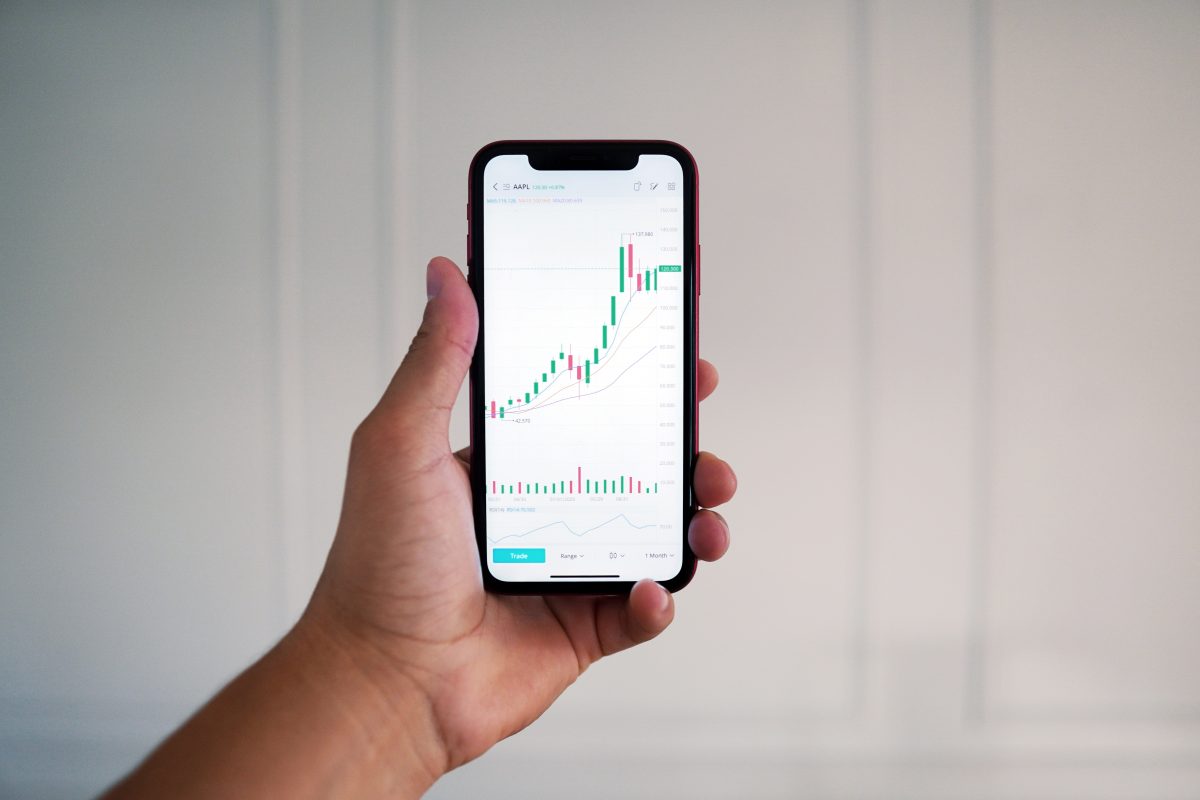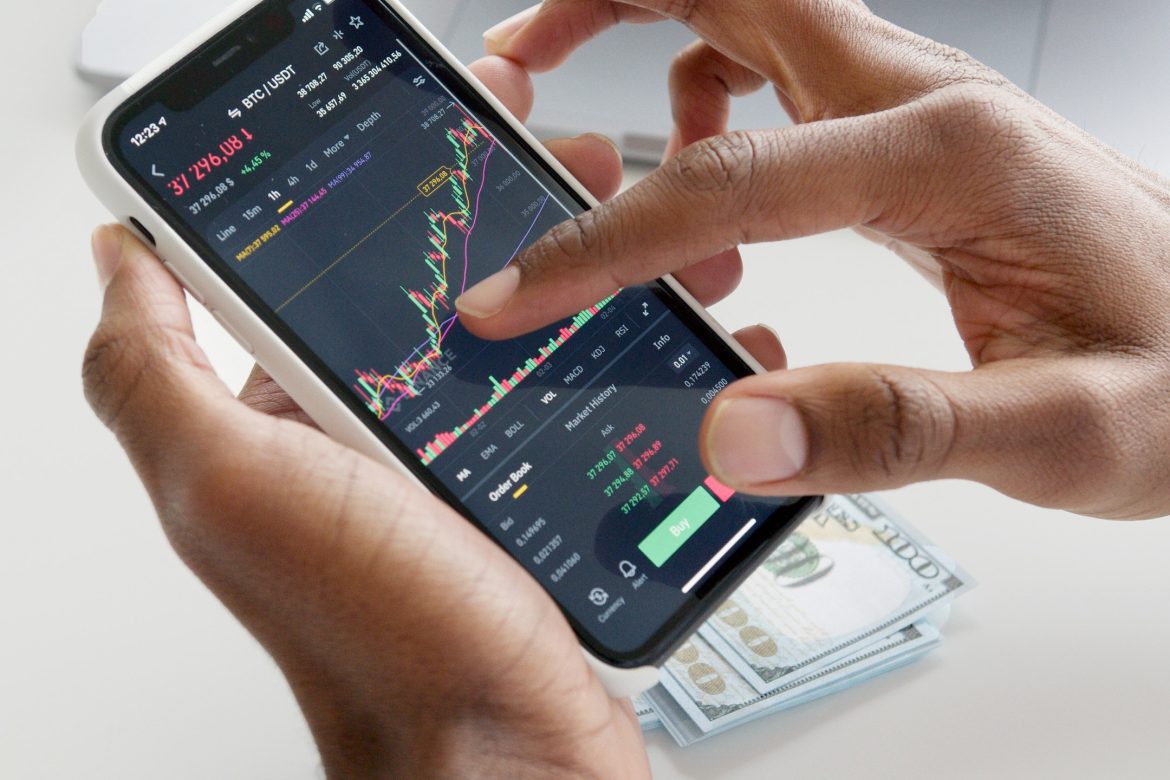Today, with hybrid and online learning, students have more and more opportunities to save a little bit of money on the side. It’s no secret that college learners often don’t have a lot of money to spare, so they like to seize every chance they get to expand their budgets. While some young entrepreneurs decide to create their own companies and secure a more stable income, others resort to different options.
As technology advances and markets become more accessible, students always find new ways of gaining practical real-world experience. For example, one of the fastest options to make some money and gain valuable experience at the same time is day trading. Some might say that this is a very risky hobby, and they might be right. On the other hand, with enough skills and insights, you can turn it around!
Of course, in case you want to start day trading, you need to learn the fundamentals of this practice and continue to develop your skills. Students can look for an essay writer to delegate some of the homework assignments to an expert. This way, you can take some time off your studies and not worry about any deadlines. Just focus on getting hands-on experience beyond the books!


So, are you interested in gaining valuable skill sets and insights into how the global economy works? Here is how day trading can provide real-world experience for students outside of the classroom!
What is day trading?
First of all, let’s start with the basics in case you don’t know anything about this practice. Day trading is a form of investment where you make short-term buys and sales of financial instruments, like stocks, currency, or cryptocurrency. As the name suggests, you should do all of these operations in one day. The main benefit of this type of investment is that you depend on how volatile the market is.
Here are some of the main features of day trading:
- Short-term focus
- High trading volume
- Intraday time frame
- Active trading
How can day trading provide real-life experience to students?
Now let’s take a look at how college learners can expand their experiences outside of their classroom. Sometimes, learning something new is not all about books and homework! As soon as you change your perspective about short-term investments, you can actually see how this experience can complement the knowledge that you might get from books and classes.
Learn the basics of financial markets
Even when undergraduates don’t want to connect their future careers with the financial markets, it’s always a good idea to learn about how the economy operates. You can take an active part in the market and explore the dynamics of supply and demand, as well as different market trends and how your assets can be evaluated. This can be an excellent addition to your textbook knowledge in the classroom!
Develop analytical and decision-making skills
Day trading means that you need to make quick decisions to make a profit. It also means that you will have a lot of information to analyze every day. In case you don’t have the time for analysis and your homework, try looking for a take my classes service on the internet. Experts will take the assignments off your hands, and you can spend your time interpreting charts, assessing market data, and saving some money!
Learn to manage risks and thrive through uncertainty
With this type of investing, you are taking big risks every time. As opposed to long-term investments with low risks, day trading is pretty volatile. If you miss a moment, you also miss out on some profits. So, risk management is crucial for some hands-on experience. You can see this as a controlled environment, where you can learn about the following things:
- Resilience
- Adaptability
- Ability to make informed decisions under pressure


Boost their emotional intelligence
Students might try to cut emotions out of their business deals, but they are still pretty hard to ignore when it comes to volatile trading. For example, when you see a profitable deal, it can be challenging to suppress your fear or impatience. So, learning how to enhance your emotional intelligence is definitely not something that can be taught in most college classes! This is a real-life opportunity for you.
Encourage their entrepreneurial mindset
By managing their own portfolios, students take ownership of their financial decisions and experience the direct consequences of their actions. This fosters a sense of responsibility, self-motivation, and a proactive approach to learning. Students also gain exposure to the concept of generating income through independent trading. Maybe it will come in handy when you create your own business!
To Sum Up
Now you know about the fundamentals of day trading and how students can get real-world experience out of it. Not everything in college is about learning from books! There are some cases where you can boost your classroom knowledge with some real-time situations and make sure to learn from them!

